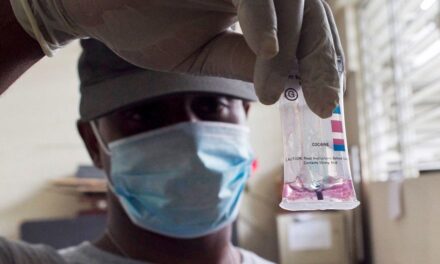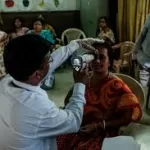27 November 2024 – Geneva
The International Pathogen Surveillance Network (IPSN), in collaboration with the World Health Organization (WHO) and partners, has awarded nearly $2 million in grants to support 10 groundbreaking projects aimed at improving pathogen genomic surveillance in low- and middle-income countries (LMICs). These grants will empower researchers to better understand and combat infectious diseases by enhancing their ability to analyze the genetic code of pathogens.
Pathogen genomic surveillance is a cutting-edge tool that helps scientists track how diseases spread, evolve, and impact populations. This information is critical for designing vaccines, treatments, and public health interventions. The catalytic grant fund, hosted by the United Nations Foundation, is supported by major global health organizations, including the Bill & Melinda Gates Foundation, The Rockefeller Foundation, and Wellcome.
Expanding Genomic Surveillance Capabilities
“The IPSN catalytic grant fund has incredible potential to expand pathogen genomic surveillance for all,” said Sara Hersey, WHO’s Director of Collaborative Intelligence. “This initiative is a critical step in preventing pandemics and epidemics globally.”
Manisha Bhinge, Vice President of the Health Initiative at The Rockefeller Foundation, highlighted the importance of equitable access to these technologies, particularly in vulnerable communities disproportionately affected by climate change and disease outbreaks.
Pioneering Projects Across the Globe
The 10 selected projects span multiple regions and address diverse public health challenges:
- American University of Beirut (Lebanon): Developing wastewater surveillance to track disease spread among refugee populations.
- Pasteur Institute of Laos: Innovating methods to monitor avian influenza in live-bird markets.
- Federal University of Rio de Janeiro (Brazil): Creating an open-source bioinformatics tool for offline analysis, benefiting regions with limited internet access.
- Rwanda Biomedical Centre: Establishing a One Health genomic surveillance network for viral hemorrhagic fevers.
- National Public Health Laboratory (Cameroon): Integrating malaria surveillance into genomic platforms.
Other grantees include institutions in Angola, the Democratic Republic of Congo, Ghana, India, and Sri Lanka, with projects ranging from antimicrobial resistance monitoring to foodborne disease surveillance.
A Collaborative Global Effort
Announced at the IPSN Global Partners Forum in Bangkok, Thailand, the grants are part of a broader mission to ensure equitable access to genomic surveillance tools worldwide. Simon Harris of the Gates Foundation emphasized the importance of scaling these innovations in LMICs to address ongoing and future health threats.
Titus Divala of Wellcome underscored the tailored, local focus of the projects: “These initiatives will generate critical data to help track global pathogen trends and inform effective public health decisions.”
Looking Ahead
The IPSN, formed by the WHO Pandemic Hub, envisions a world where all countries can harness genomic sequencing as part of robust public health systems. A second round of funding will be available to network members in 2025, further advancing global collaboration in pathogen surveillance.
For more information, visit the WHO IPSN initiative.










